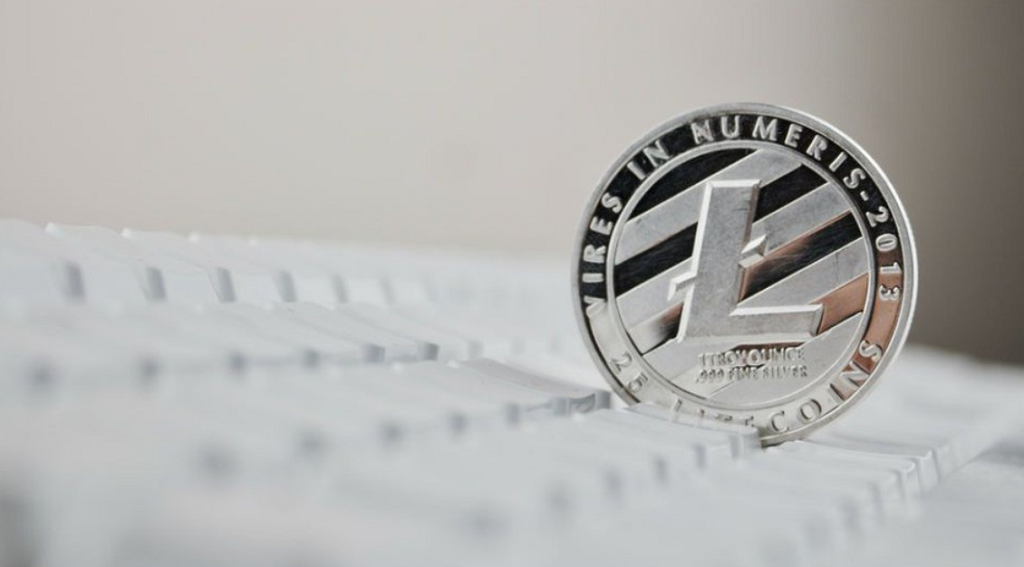
Will The Rise Of Litecoin Payment Address Its Volatility Woes?
Merchants and businesses are still doubtful on accepting litecoin payments or digital currency payments in general because of woes around volatility. Acceptance of digital currency payments entails value risk since historically, even litecoin, they are highly volatile. Even a small delay in transaction confirmation can spell a large margin in the actual value merchants will receive in exchange for the goods or services they have given to the payor. If you are into pitching value add of accepting litecoin payment, two things should be on top of mind: (1) instantaneous processing and conversion to fiat currency and (2) hedging.
Addressing Processing and Conversion Woes
Enter Litepay is a US-based payment processing focused on litecoin payments processing. They are launching on February 26th and promising instant processing and conversion of litecoin to buy products and services using Litepay Visa Card anywhere permitted by law. They are offering this on an attractive 1% transaction fee compared to 3% on traditional processors and $5 per transaction for bitcoin payments. Direct settlement with the bank instead of going thru intermediaries enables Litepay to reduce the litecoin payment costs. With the instant conversion feature, merchants will no longer have to bear the value risk from the time of payment to the actual receipt of funds. Litepay will be bearing the risk for them. And the risk will not be as great with bitcoin because litecoin settles faster.
Addressing Price Fluctuations Woes
Chicago Board Option Exchange (CBOE), a well known derivatives exchange, launched bitcoin futures last December 2017. Futures are financial contracts giving the buyer an obligation to purchase an asset at a set price at a future date. If merchants enter this kind of contract, they will be able to hedge against fluctuating prices of litecoin by locking in the US dollar value they would like to receive in exchange for their accumulated litecoin payments in exchange for their products or services.
Since historically cryptocurrencies hugely multiply in value due to volatility, the speculators will be able to maximize volatility by holding on to the other end of the futures contract. In this way, litecoin may be a few steps away to stability.
Conclusion
The success of litecoin depends upon a number of factors in the market and industry. As Litepay CEO Kenneth Asare pointed out, we are like in the ‘90s of internet for cryptocurrencies. Back then, there were a lot of dot com companies that offer the same products but only the strongest survived the bubble, like Google and Microsoft. Litepay and litecoin futures let us see where the cryptocurrency is heading. It’s up for these game changers to create and sustain the momentum. In the end, the rise of litecoin payment could pave the way to a more sustainable and stable cryptocurrency market.



